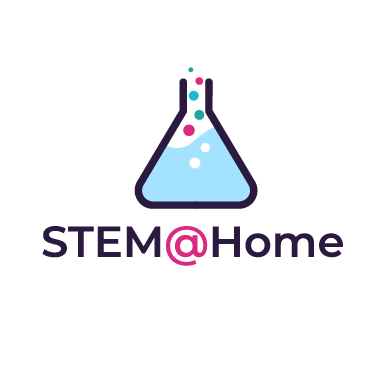Families- how important are they in ensuring a student gets a good science grade? (SPOILER: VERY IMPORTANT)
There is not much peer-reviewed research into the effects that a family’s support has on a student’s science exam grade but one pioneer, Louise Archer, has been instrumental in championing further research into this field.
In her famous 2012 paper; “Science Aspirations, Capital and Family Habitus: How Families shape children’s engagement and identification with science”, Louise Archer’s research shows how a student’s science education is closely linked with their immediate family. A family’s interest and engagement with science spreads over to their children and makes them more likely to be interested in science as well. This added science engagement is often thought to be based on a student’s “science capital”, which is defined as science-related forms of cultural and social understanding.
Louise Archer's research stated that the most important time in a child’s life where it comes to developing their interest in science is between the ages of 10 to 14 years old. If you want your child to be interested with science throughout their lives, you need to do actual science with them from their adolescent years. Sit down with your child once a week, discuss scientific news with them and maybe even do some science experiments with them.
This is where the inspiration for STEM@Home came from. Students used to be only able to do their science experiments at school, away from their families. Many parents have wanted to help their children with practising and revising their science experiments at home but were always unable to since these experiments had to be performed in a laboratory or specialist classroom. We wanted to be able to allow parents to engage with all aspects of their children’s science education.
We hope that this article has shown you the importance of your role in your child’s education and given you some tools to help them succeed. STEM@Home allows parents to participate in all aspects of their child’s science education, from helping with revision to providing support and encouragement with their required practical. With a little effort on both your parts, you can work together to achieve any goal, including high exam grades. Let us know how we can help you get started!

